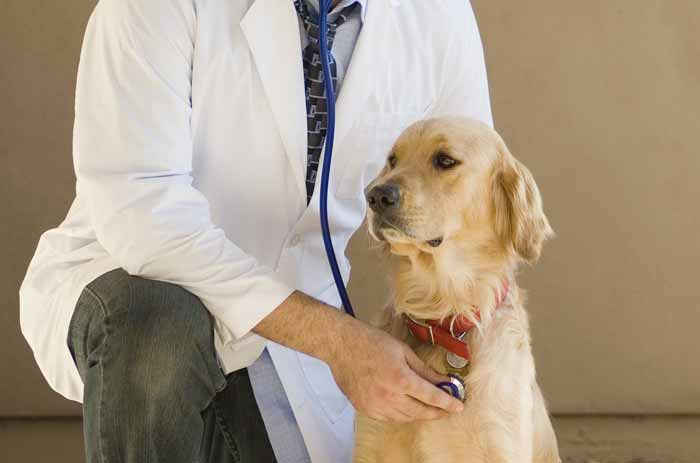On a recent visit to a local hospital I saw the most peculiar sight, strolling down the hall was the most delightful looking beagle. It turns out the local hospital had started a therapy dog program and this was one of the first visits.
Therapy dogs and other therapy animals are very effective in providing stress relief, mood improvement, and help patients overall mental well-being. Animal therapy can be provided by many different types of animals, with the most common being dogs, cats, or rabbits. Other therapy animals that are a little less common are horses, and even dolphins. Medical research has shown substantial health benefits when animals are included as part of a therapy program.
Some of the ways therapy animals have been used to help:
- Adding an aquarium to the dining area of a nursing home facility for seniors with Alzheimer’s disease resulted in increased food intake and weight for 87 percent of people. The average person ate over 20 percent more of their food when eating in the room with the aquarium. Interestingly, adding a photo of an aquarium to the room didn’t result in any improvements.
- Putting a therapy dog next to children being treated by a dentist significantly reduced the children’s anxiety reactions.
- Patients with advanced heart disease admitted to a cardiac care unit were visited by a friendly volunteer alone, or with a therapy dog. Researchers measured stress hormones and heart function after visits. Measures of heart stress improved in both groups, with significantly better improvements after the dog visit.
- Studies in both outpatients with chronic pain and hospital patients show significant reductions in pain levels after spending 10-20 minutes petting a therapy dog.
With all the benefits of therapy animals, I am very excited to see more and more hospitals adding them to their treatment plans.


